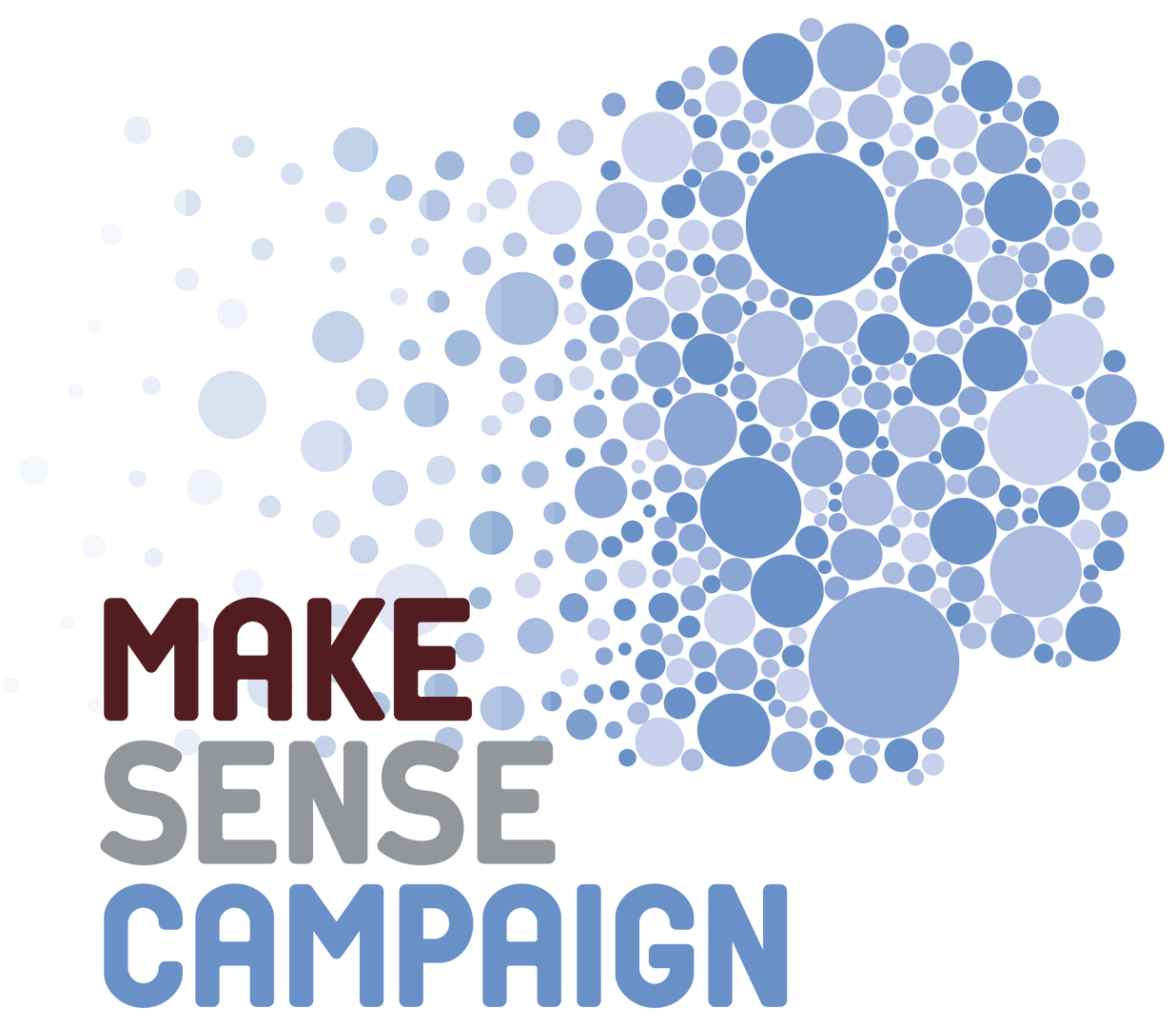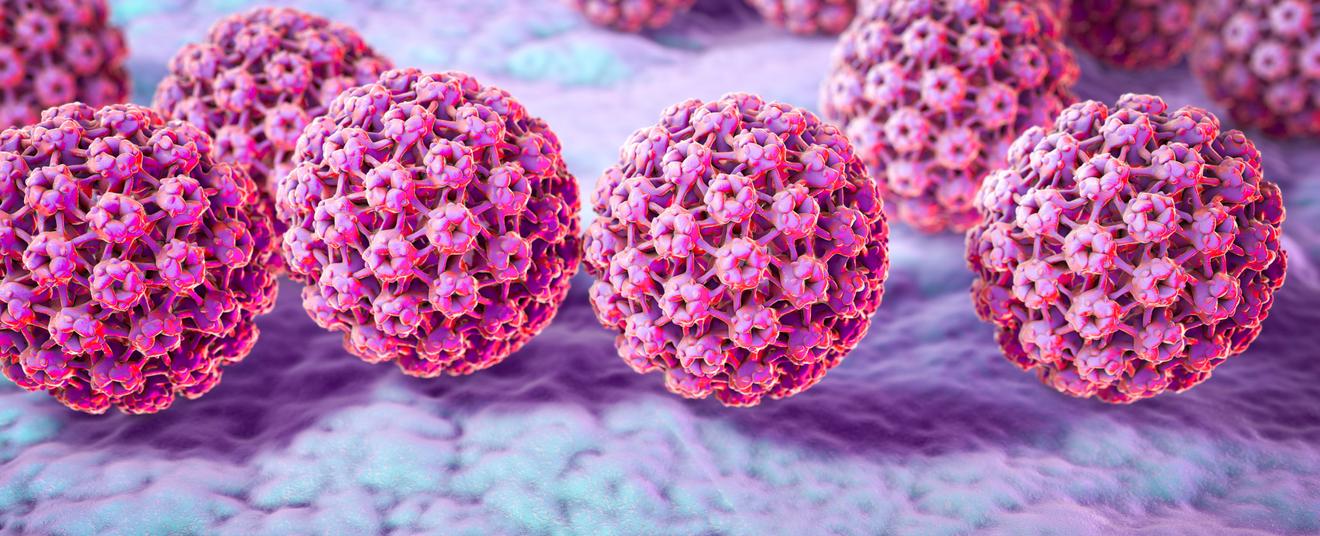Besides smoking and alcohol, the human papillomavirus or HPV is the main cause of head- and neck cancers. In Europe 1 in 3 head and neck cancers has been caused by the virus. In the US and Canada this is even up to 80 to 100 per cent. The last couple of years the number of tumours is on the increase, even though the number of cancers caused by smoking or alcohol consumption seems to be decreasing. It is therefore important to focus on the prevention of HPV in the battle against head and neck cancer.
Mucous membrane
Since 2019 it's not just girls that are being vaccinated. The boys are also receiving the vaccine in their first year of secondary education. They can also catch the virus through sexual contact. Contraceptives that are effective in preventing other disorders, do not sufficiently protect against HPV. The virus is very contagious and is transmitted via contact with the mucous membrane, e.g. also after contact with saliva during kissing. The vaccine is therefore the only way to prevent infection with the virus and the related oropharyngeal cancers.
Dysregulated DNA
80 to 90 procent of all adolescents will at one point be infected with the virus and in most cases such an infection is harmless. Not all variants of the virus are dangerous and the immune system is usually strong enough to ward it off. Infection often passes unnoticed without giving any complaints. This is sometimes not the case. The virus will then inject genetic material in the DNA of the carrier. This disrupts the DNA which can cause tumours, sometimes even 15 years after the initial infection. In addition to cervical cancer and oropharyngeal cancer, other anal and penis tumours are also being related to HPV.
No side effects
The vaccine is reimbursed completely and has no serious known side effects. Vaccination is done in the schools via the Flemish centres for student guidance. The objective is to vaccinate all Flemish adolescents.

Make sense campaign
The Make Sense Campaign will run from 21 to 25 September 2020. It is an international campaign that wants to draw attention to head and neck cancer. More information on makesensecampaign.eu.
